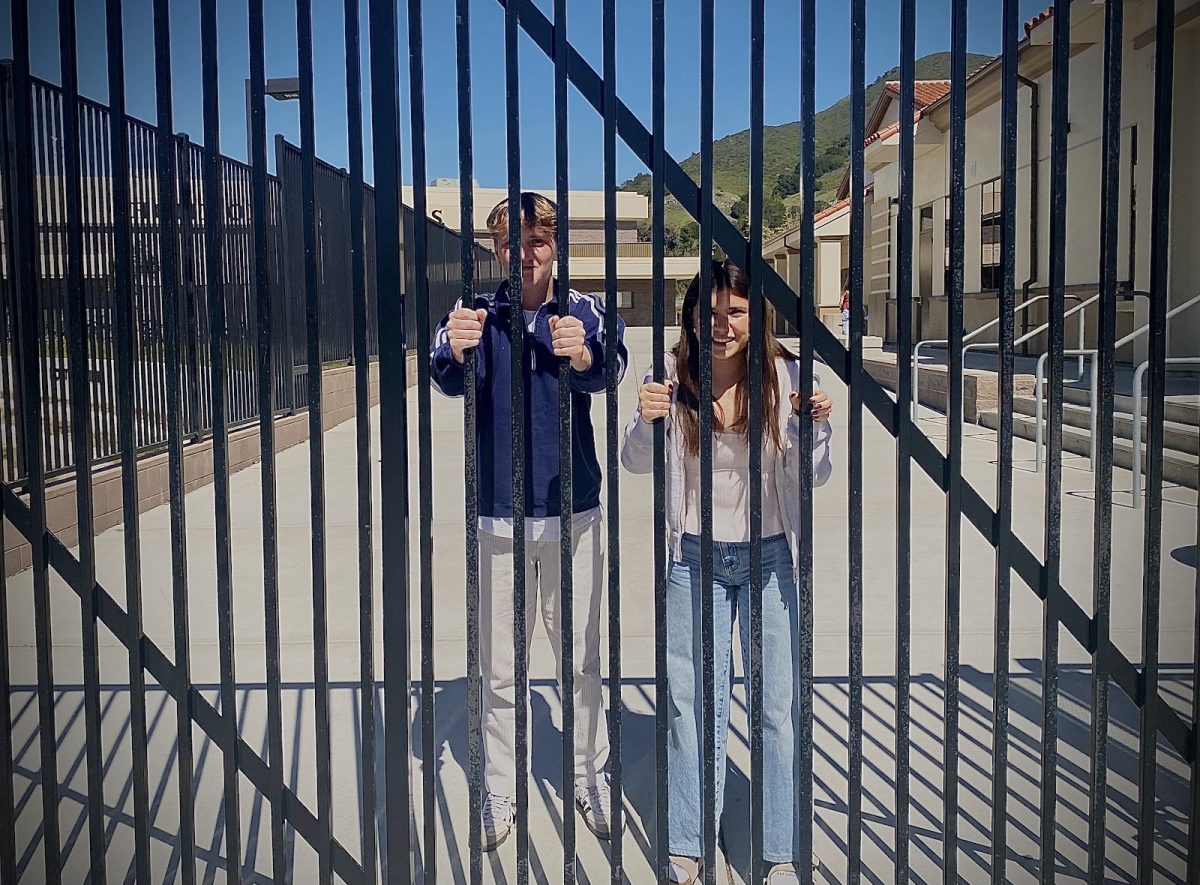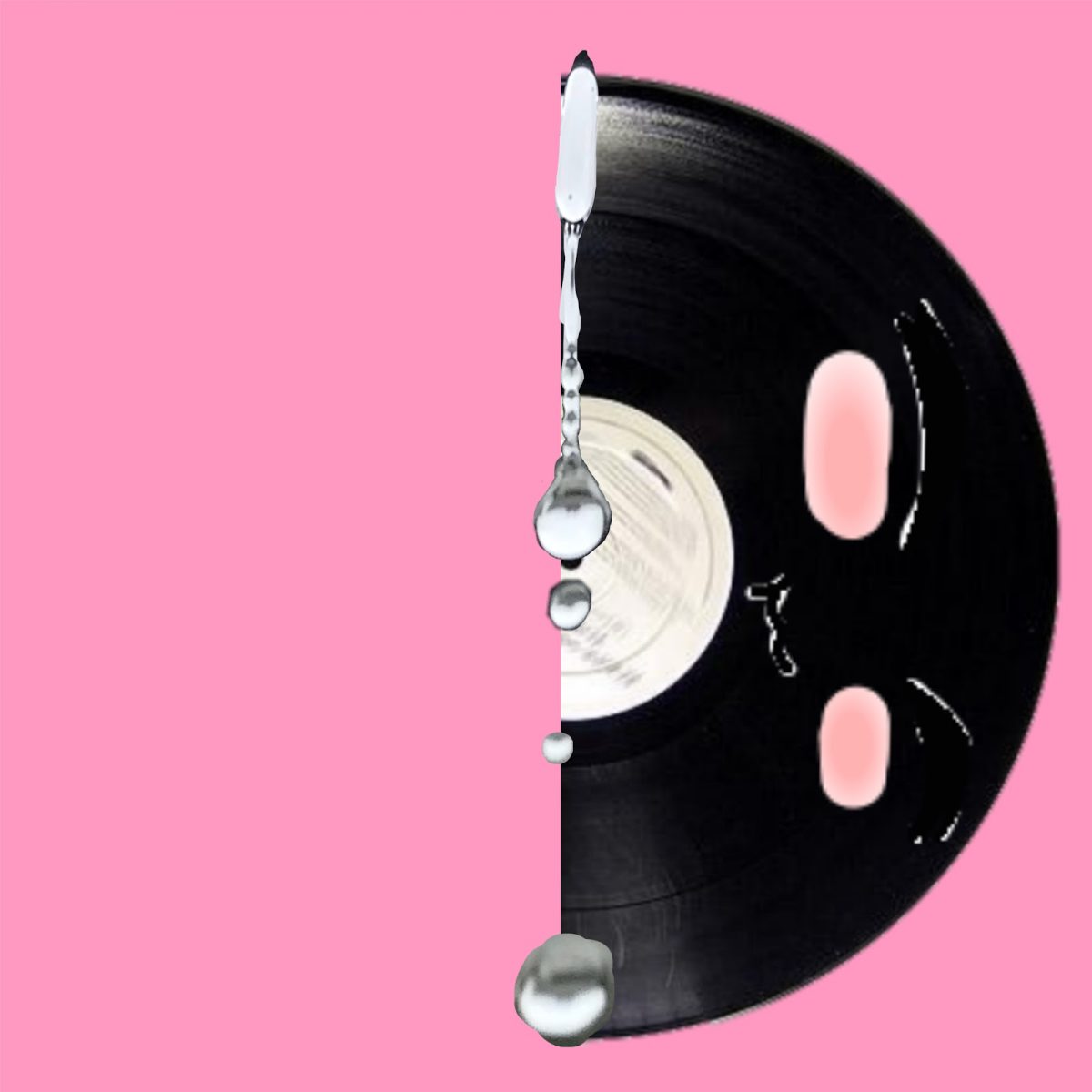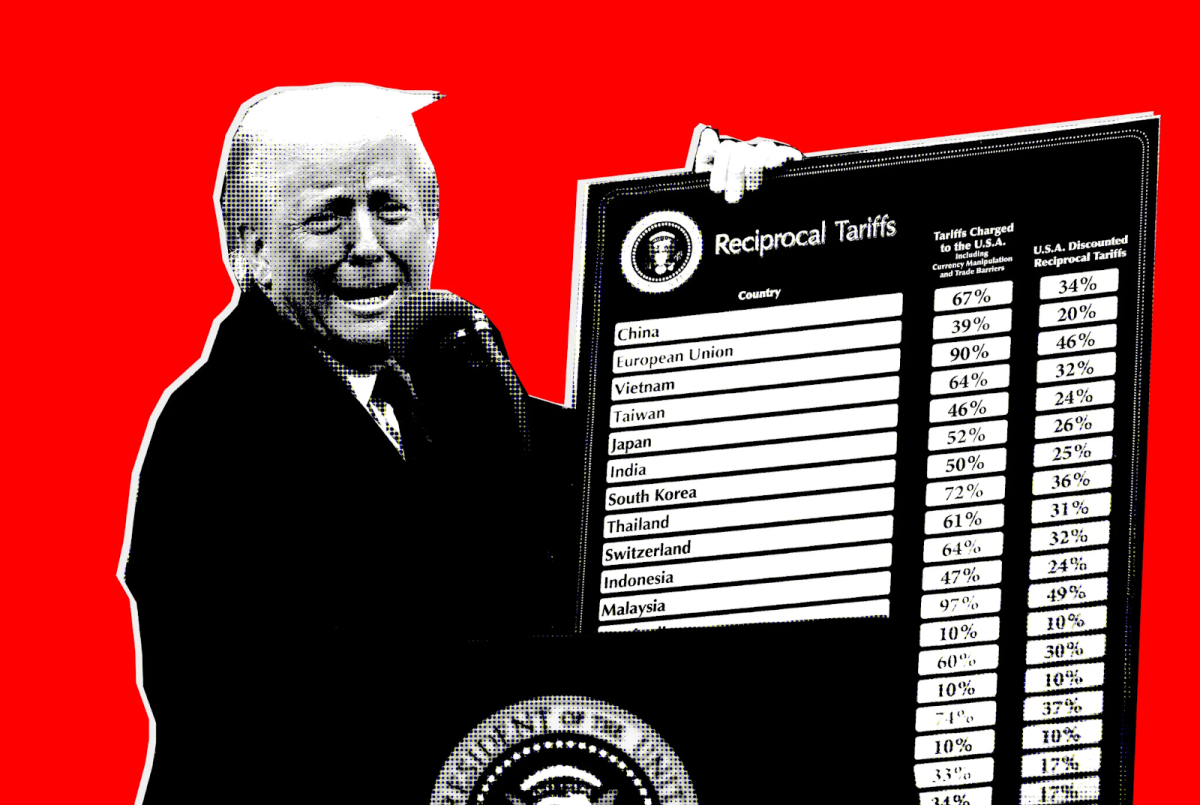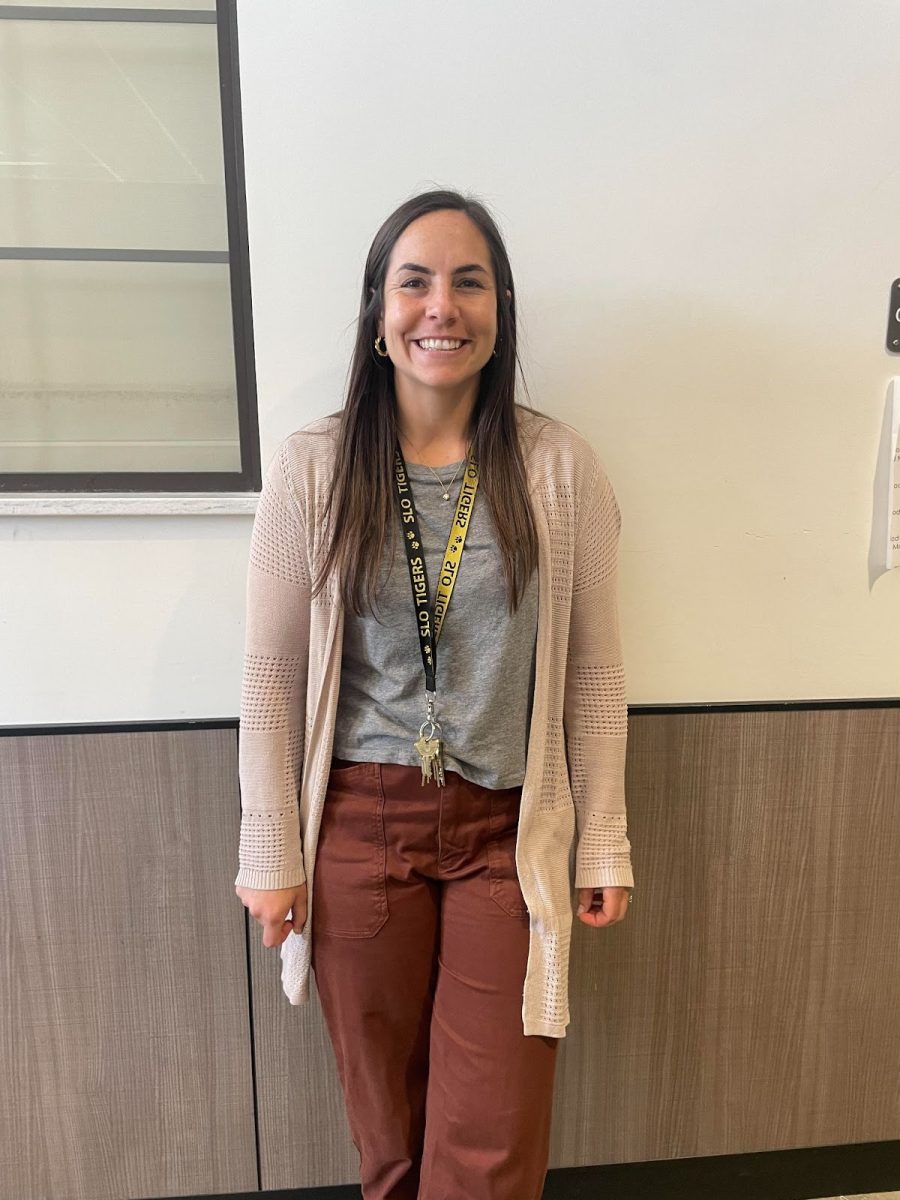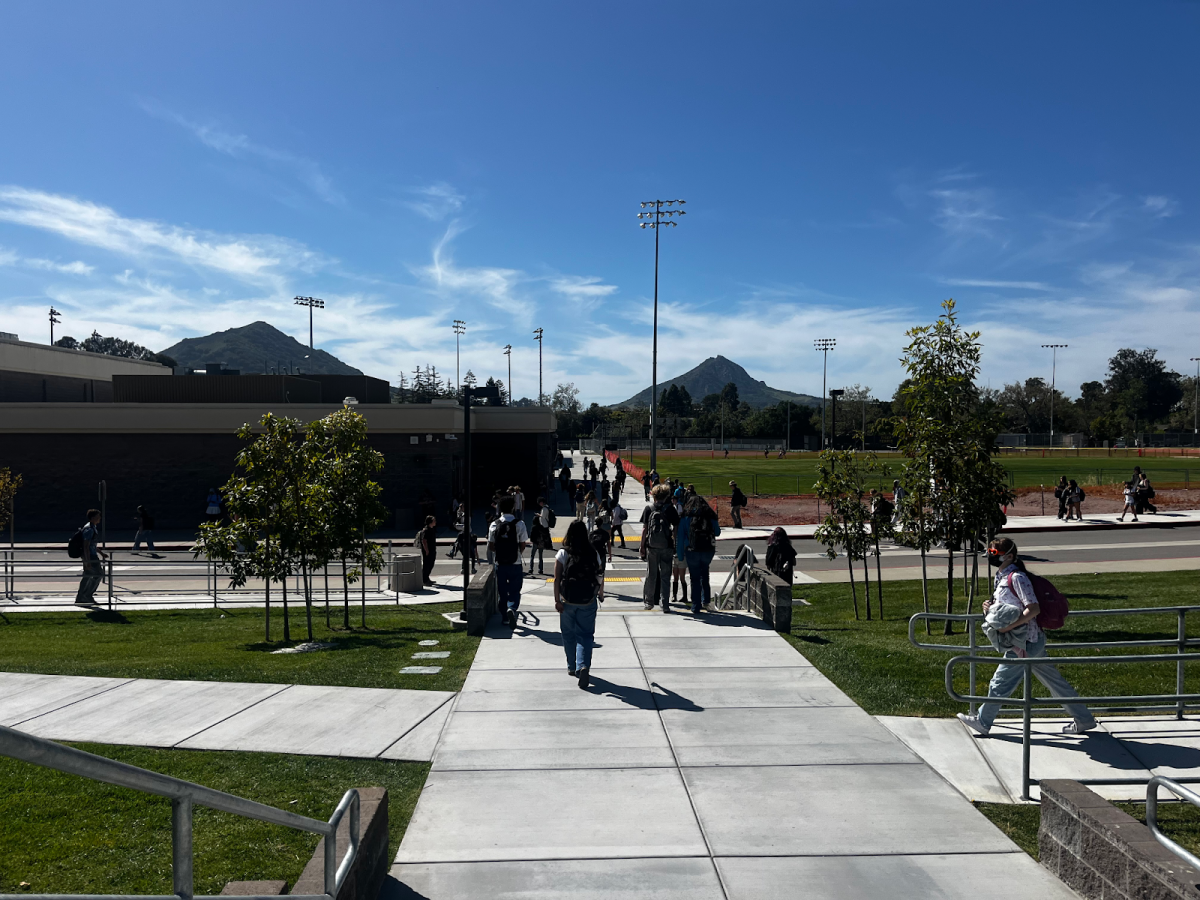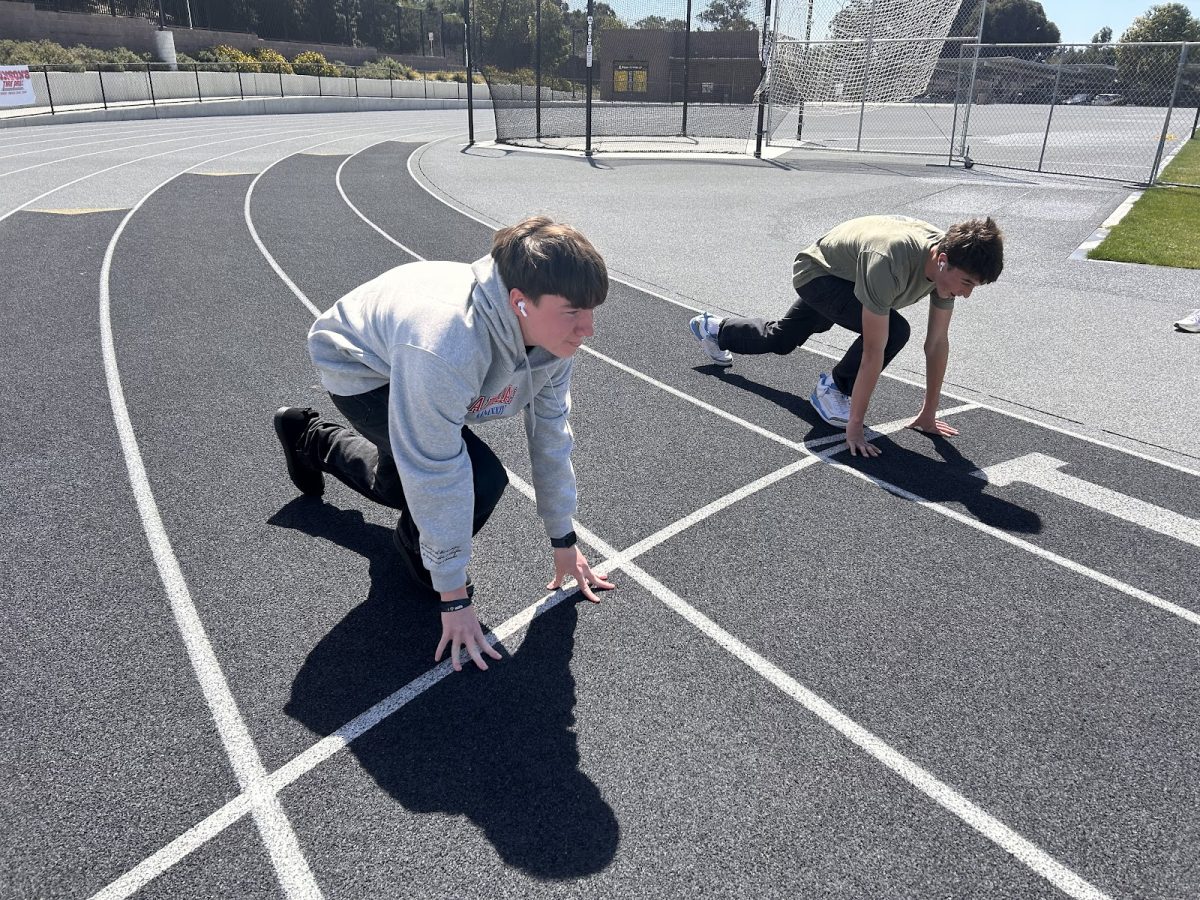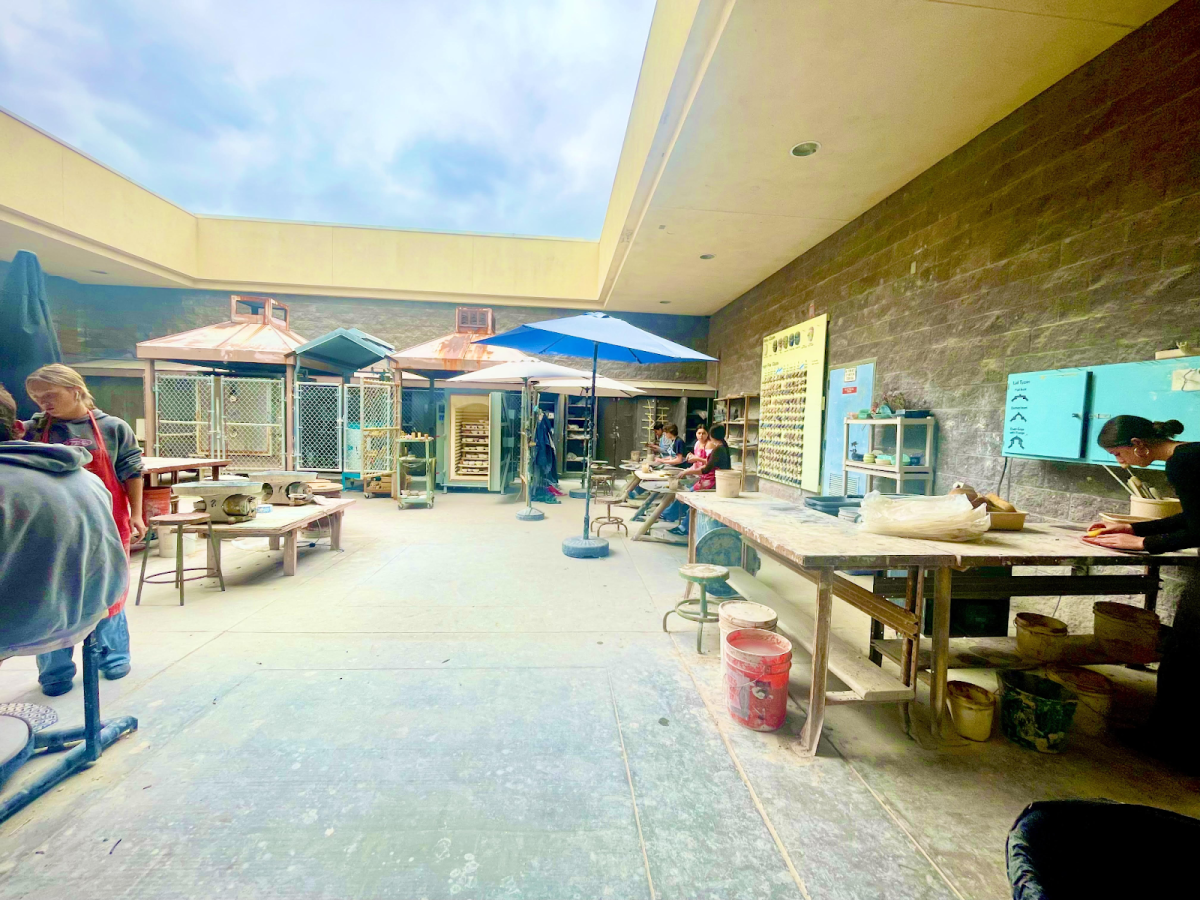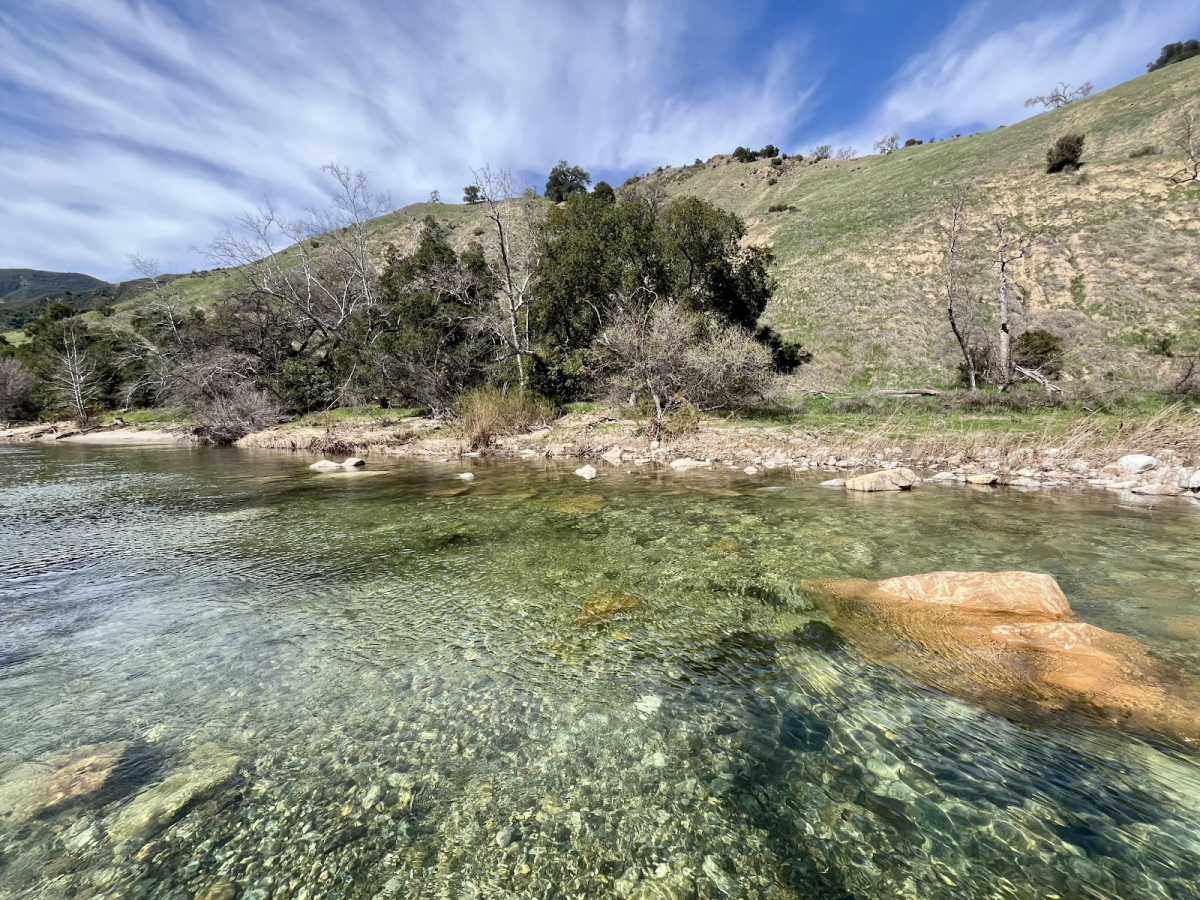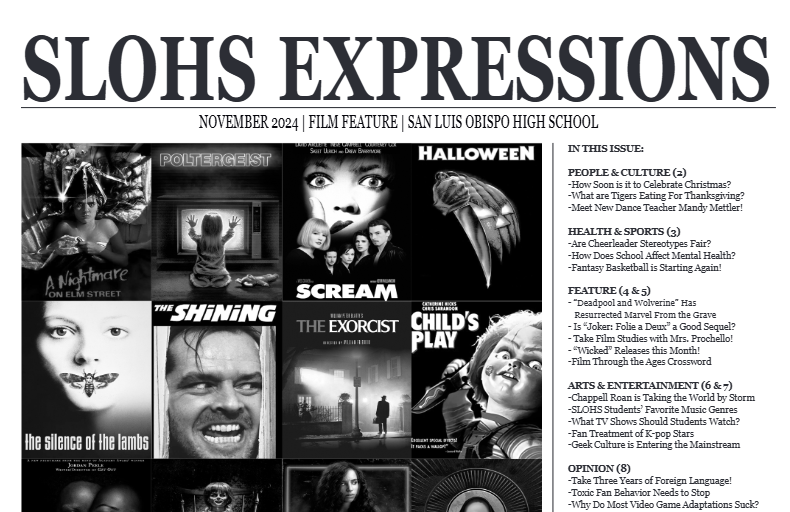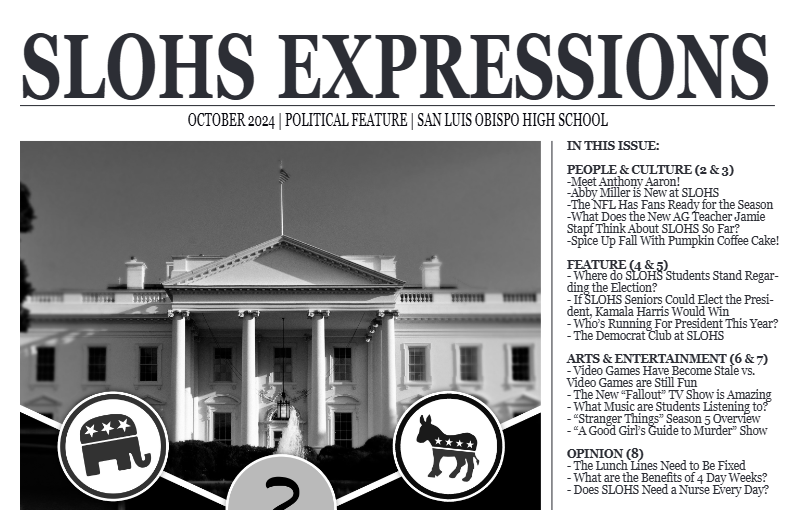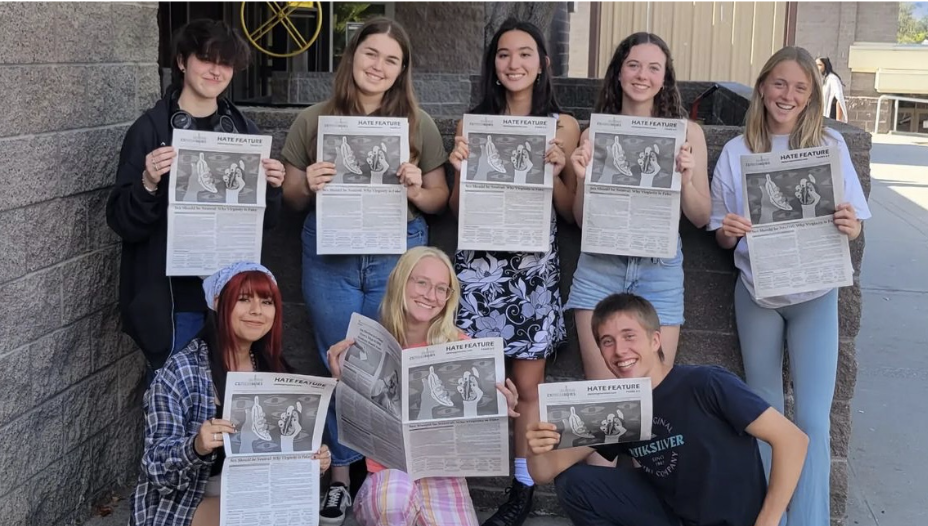SLOHS student reporters and editors know what’s up. Photo courtesy of SLOHS Expressions advisor Scott Nairne.
Student journalism is a key component of student life, bringing important news to the forefront and creating newspapers, yearbooks, and news networks that memorialize a point in history. At San Luis Obispo High School, there are three classes that students interested in reporting and editing can take: Newspaper Production, Yearbook, and TV Video Production. The goal of student journalism is simple: to report the news succinctly and accurately, yet it is easy to make dire mistakes. SLOHS Expressions News has some characteristics unique to newspaper writing, though many of these tips are also applicable to Yearbook and TV Production.
“Newspaper is a very diverse class, and if you want to make an impact, you should have a lot of ideas and an open mind,” said senior and SLOHS Expressions Feature Editor Alma Tinoco.
A successful interview is dependent on three key factors: prepared questions, an unbiased outlook, and connection.
Selecting a student to interview can be random or based on prior knowledge of their extracurriculars, beliefs, or interests.
After selecting a student, the reporter should prepare questions. Rather than writing questions in hopes of receiving a specific answer, interview questions should be open-ended and allow for the interviewee to answer based on their own beliefs.
“Make sure you have your questions ready beforehand, and always go into the interview trying to get the other person’s point of view and not trying to push your own agenda. Make don’t have pointed questions that push the conversation in a certain direction,” said 2023 SLOHS graduate and 2023 SLOHS Expressions Design Editor Owen Blackwell.
Writing fair and open-ended questions eliminates an aspect of bias. Bias is defined as “an implication of an unreasoned and unfair distortion of judgment in favor of or against a person or thing.” By asking questions that allow for an honest answer, reporting is more fair and less biased.
To further eliminate bias, report on both sides of a topic. In opinion reporting, it is crucial to hear quotes and research on both opinions, regardless of the reporter’s personal perspective. Even when expressing an opinion, student reporting must maintain objectivity and fairness.
“Make sure you interview people on both sides of the issue even if you don’t like someone’s opinion, because it’s still an opinion and it should be covered,” said 2023 SLOHS graduate and 2023 SLOHS Expressions News Editor Lauren Weyel.
Conducting research outside of interviews also allows for a more well rounded, well informed, and accurate article. Using credible sources and citing them at the bottom of an article signals to readers that the reporter is presenting accurate information.
Lastly, connecting with the interviewee through light conversation and question prompts is a tactic that allows for more honest and successful interviews.
“One of the most important parts of interviewing is trying to connect with the person or talking to them instead of just asking all the questions. I like to ask things like ‘how is your day going?’ before going into an interview, especially serious stuff,” said senior and SLOHS Expressions People and Culture editor Karl Karsh.
While interviewing and writing news articles is simple, it is also easy to fall into common pitfalls. One of the most common mistakes in SLOHS Expressions writing is assuming articles are written like an English essay. News writing is much more concise. Split up longer sentences into shorter, more succinct ones to make it easily readable.
“One of the most common mistakes is writing like you’re writing for a normal class. I read too many articles that are literally just essays, and then it’s hard to read. For the audience it’s harder to read and it’s just less interesting,” said 2023 SLOHS graduate and 2023 SLOHS Expressions Arts and Entertainment editor Olivia Cusick.
Another common mistake is to disregard the Expressions charter. The charter is made to encourage uniformity and readability, so it is important to adhere to it.
“We have a whole charter to follow, and people don’t get that at first. Once they start to understand that, their writing gets significantly better for newspaper style,” said Cusick.
To the future generations of Expressions reporters and editors, always remember that Expressions is made to inform, inspire, and ignite passions.
“Write about stuff you’re interested in. And if you’re not interested in anything, don’t take the class,” said Blackwell.
Student reporters and editors are an important part of student life, and the way they report makes all the difference. Keep on writing, Tigers!
Source: merriamwebster.com



